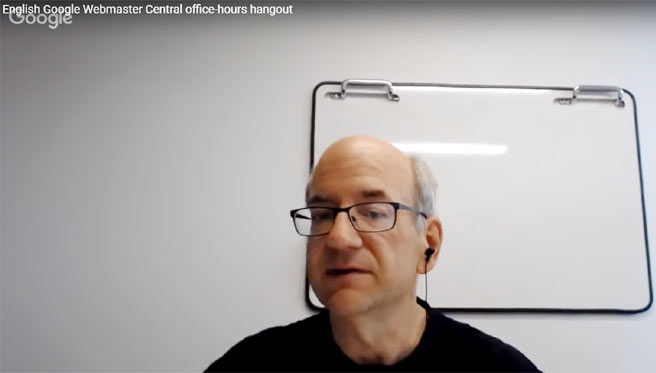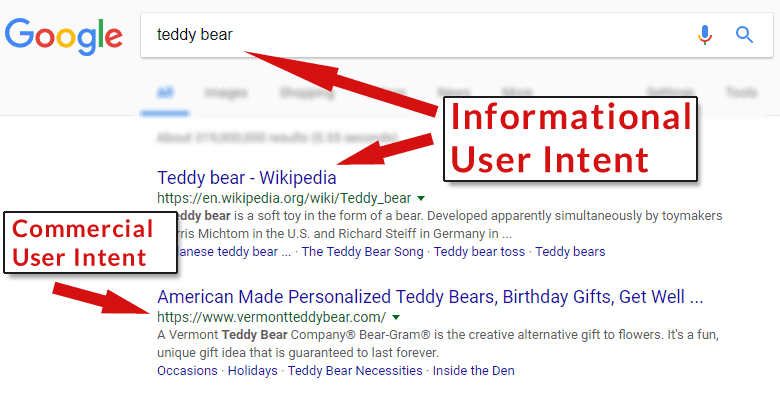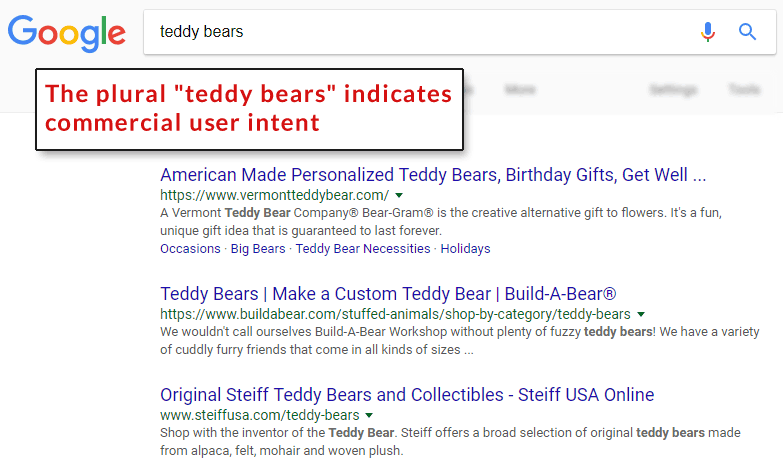Google’s John Mueller discussed why Google showed different results for the singular and plural versions of the same keyword phrase. Many SEOs recommend adding synonyms to content, including the plural and singular versions of the targeted search phrase. John Mueller explains why it may be better to choose singular or plural then focus on that.
Question About Singular and Plural Keyword Phrases
In a recent Google Hangout someone asked the following question:
What are reasons for completely different positions for keywords in singular and plural? We have some examples where the plural ranks in top five and the singular isn’t in the top 100.
Google’s John Mueller’s Answer
The search intent should be very similar. So depending on what is happening there we might be seeing these as something a little different.
So just because one is singular and one is plural doesn’t mean that we would show the same search results for those kinds of queries.
It’s very possible that we see these as completely different elements and maybe even as completely different intent from the user side.
So that’s something were I wouldn’t necessarily assume that Google will always treat singular and plural words as complete synonyms and… show exactly the same search results for those two versions.
As a site owner, it might be worth thinking about what users might be searching differently and if my site’s really the most relevant one for people who are searching for singular version of this word versus those searching for the plural version.
 Google’s John Mueller discussed the role of user intent in ranking singular and plural versions of the same keyword phrase.
Google’s John Mueller discussed the role of user intent in ranking singular and plural versions of the same keyword phrase.Why Would Google Show Different Results?
The user intents underlying search queries can be different between synonyms and singular/plurals across all possible niches and topics. So it is impossible to generalize that singular keywords mean this and plural keywords mean that.
It can be said with certainty that there are differences between singular and plural keyword variations. But the reasons why they are different will vary specifically for each variation, topic and niche.
That is the meaning of John Mueller’s statement:
“It’s very possible that we see these as completely different elements and maybe even as completely different intent from the user side.”
How Singular and Plural Keywords Can Differ
Singular Can Signal a Search for a Recommendation
For some searches there are user intent differences between singular and plural. For example, for certain forum related searches I discovered that Google tended to promote a page that is recommending a forum but isn’t a forum itself, in searches using the singular version.
The plural version of the same search returns actual forums in the search results.
This does not happen across the board with searches for forums. The differences are, in my opinion, likely triggered by user intent signals, as indicated by click through rate data and/or predicted click through rate data.
This is why I prefaced this discussion by saying that we can’t generalize about the reasons. But we can discover how to identify the user intent on a keyword by keyord basis.
Now I will illustrate a specific instance and show you how Google’s algorithm is detecting the user intent and showing different searches for
How to Identify User Intent
Here’s another example, this time more specific. The search terms are Teddy Bear and Teddy Bears.
Singular Phrase: Teddy Bear
When you search for Teddy Bear, Google shows a Wikipedia result at the top of the page. That is an indication that the top user intent for that particular search phrase (teddy bear) is informational.
 This search results indicates that the most popular user intent for the keyword phrase Teddy Bear is informational in nature.
This search results indicates that the most popular user intent for the keyword phrase Teddy Bear is informational in nature.That means that for most users who search for the singular phrase, teddy bear, they are searching for information about teddy bears. That Wikipedia page is very likely not ranking at the top of the page because it has the most links or because it’s anchor text ratios are optimal.
That web page is ranking there because it satisfies the most users making that specific search query.
This is why data driven studies of the search results that purport to show ideal anchor text, inbound link patterns or keyword distributions are not accurate. The user intent factor overrides those considerations, rendering them useless for understanding why Google ranks web pages.
One can’t truly understand why a web page ranks for a search query without also considering the user intent that underlies that ranking.
This is important for diagnosing why a site does not rank well, why a site lost rankings, for content marketing and for keyword research and planning.
Plural Phrase: Teddy Bears
Google shows predominantly commercial web pages for the plural version of the phrase, teddy bears. This is an indication that most people who search for teddy bears are sastified with search results that show commercial web pages at the top.

Some people are satisfied with informational results for that particular phrase and that’s likely why Google shows the Wikipedia page, but ranked lower.
About Those Synonyms
I have consistently advised against following the trend of seeding a page with synonyms. That is the old keyword spamming trick. It is unsophisticated and separated from the concept of understanding why Google ranks a web page in the context of user intent.
Yes, Google and Bing use synonyms to produce accurate search results. But as you can see by this discussion of singular and plural variations, the user intent plays an important role in the choice of whether to choose one word or another.
Simply adding synonyms to a page is a gross simplification of how web pages are ranked.
If you really want to be accurate in your keyword choices, understand the user intent for each keyword phrase you want to rank for. Then build the content appropriate for that user intent.
Images by Shutterstock, Modified by Author
Screenshots by Author





![AI Overviews: We Reverse-Engineered Them So You Don't Have To [+ What You Need To Do Next]](https://www.searchenginejournal.com/wp-content/uploads/2025/04/sidebar1x-455.png)